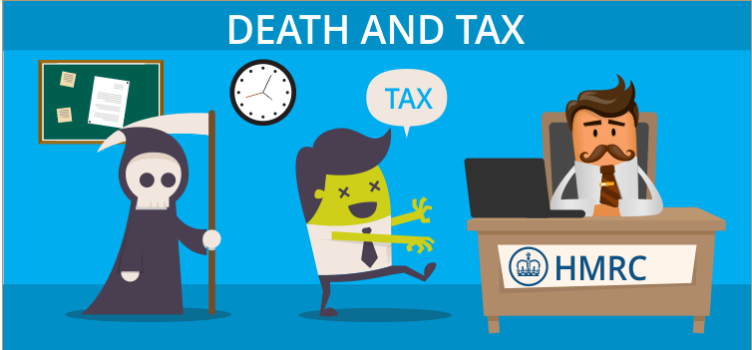1. When do I need to start planning?
As early as possible as your circumstances and exposure to IHT will change over time. Early on, an insurance policy might be all that is necessary but more complex planning will be appropriate as wealth increases.
2. Can I afford to make lifetime gifts?
A good tool is a professional cash flow forecast which is updated regularly. You can plan major life events (such as marriage, holidays, and care fees) and see what your overall position is.
3. Is planning only for the wealthy?
No – many people have been pushed into the IHT net due to increases in property values.
4. What is the current nil rate band?
The current nil rate band is £325,000 per person. This can be used against both lifetime transfers and transfers on death. It effectively ‘refreshes’ every seven years. Any unused nil rate band as of the date of death can be transferred to a surviving spouse for use on their death.
5. What is the residence nil rate band?
This is a further nil rate band of up to £175,000 which is available if the residential property is passed to lineal descendants. It is only available against the death estate, but any unused relief can be passed to a surviving spouse. The relief is tapered for estates in excess of £2m.
6. Can I make lifetime gifts free of IHT?
Yes, the nil rate band can be set against lifetime gifts as well as on death. There is also an annual exemption of £3,000 – this can be rolled forward up to one tax year. In addition to this, small gifts of up to £250 and gifts out of excess income can be made to anyone free of IHT. You can also make gifts of between £1,000 and £5,000 (depending on the relationship to the giftee) in consideration of marriage or civil partnership.
7. Is it tax-efficient to make gifts to charity?
Yes – gifts to charity are tax-exempt and if you leave at least 10% of your net estate to charity, the rate of IHT is reduced to 36%.
8. I have a business. Will that be exempt?
Business property relief of up to 100% is available for businesses and shares in certain companies, as well as some assets that are held personally, but used by the business/company. However, it is easy to taint this if investment assets or excess cash are held within a trading business.
9. Can I leave my estate to my spouse tax-free?
Yes, if the estate is left to a surviving spouse, this is tax-free. The surviving spouse will also inherit any unused nil rate band and residence nil rate band. Bear in mind that this will increase the spouse’s estate for IHT so may only be delaying the problem.
10. Can I pass on my pension tax-free?
Yes, you can pass on a pension pot tax IHT-free. It is therefore better to draw down on cash assets (bank accounts, ISAs, etc.) in priority to the pension as those assets will be subject to IHT on death. In the Spring Budget, the Chancellor abolished the lifetime pensions allowance and the annual cap on tax-free pensions contributions was increased to £10,000 a year. These changes have made pensions potentially even more valuable for IHT planning as you can pay more into your pension, and still have access to your funds should something unexpected happen.
From 13 April, the rate of interest on overdue IHT increased from 6.50% to 6.75% – making it even more expensive to get this tax wrong.
Once you have worked out what you can afford to give away, we’d recommend seeking professional advice. There are a number of possibilities and pitfalls in IHT planning and a professional is trained to evaluate the knock-on effects of other taxes – such as capital gains tax – which might be triggered by IHT planning.

